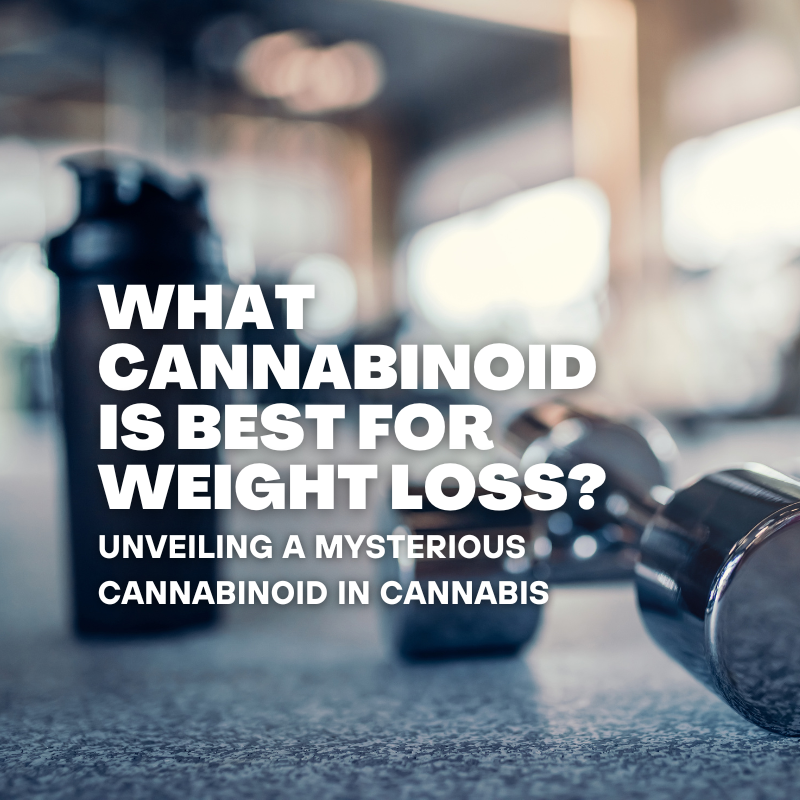Introduction:
In the dynamic landscape of cannabinoids and their diverse effects on the body, the question of whether any specific cannabinoid is best for weight loss has sparked curiosity. While research is ongoing, certain cannabinoids have been investigated for their potential impact on appetite, metabolism, and body weight. In this blog, we’ll explore the relationship between cannabinoids and weight loss, shedding light on the current state of knowledge and areas of ongoing research.
Understanding Cannabinoids:
Endocannabinoid System (ECS):
The endocannabinoid system, present in the human body, plays a crucial role in regulating various physiological processes, including appetite, metabolism, and energy balance. Cannabinoids, whether produced internally (endocannabinoids) or obtained from external sources (phytocannabinoids), interact with this system.
THC and Appetite Stimulation:
THC (tetrahydrocannabinol), the primary psychoactive cannabinoid in cannabis, is traditionally associated with stimulating appetite, often referred to as the “munchies.” While THC may enhance the enjoyment of food, its appetite-stimulating effects may not align with weight loss goals for some individuals.
Cannabinoids and Weight Loss:
THCV and Appetite Suppression:
THCV (tetrahydrocannabivarin) has garnered attention for its potential appetite-suppressant properties. Some studies suggest that THCV may influence hunger and satiety, making it a subject of interest for weight management.
CBD and Metabolism:
CBD (cannabidiol), a non-psychoactive cannabinoid, has been explored for its impact on metabolism. While research is still in the early stages, some studies suggest that CBD may influence factors related to metabolic function.
CBG and Lipolysis:
CBG (cannabigerol) has been studied for its potential role in lipolysis, the breakdown of fats. Preliminary research indicates that CBG may influence fat cells and metabolic processes, contributing to its exploration in weight management.
Considerations and Caution:
Individual Variability:
Responses to cannabinoids can vary widely among individuals. Factors such as genetics, overall health, and lifestyle choices may influence how cannabinoids interact with the body.
Holistic Approach:
Weight management is a complex process influenced by various factors, including diet, physical activity, and overall lifestyle. Cannabinoids, if considered, should be part of a holistic approach to wellness.
Consultation with Healthcare Professionals:
Before incorporating cannabinoids for weight management, individuals are advised to consult with healthcare professionals. They can provide personalized guidance based on individual health conditions and potential interactions with medications.
While research into cannabinoids and weight management is ongoing, no single cannabinoid can be definitively labeled as the “best” for weight loss. THCV, CBD, and CBG have shown promise in preliminary studies, but more research is needed to establish their efficacy and safety.
As we navigate the evolving landscape of cannabinoids, it’s essential to approach weight management with a comprehensive perspective, considering various lifestyle factors. As research progresses, a clearer understanding of the nuanced interactions between cannabinoids and weight-related processes may emerge, offering new insights for those seeking wellness solutions.






